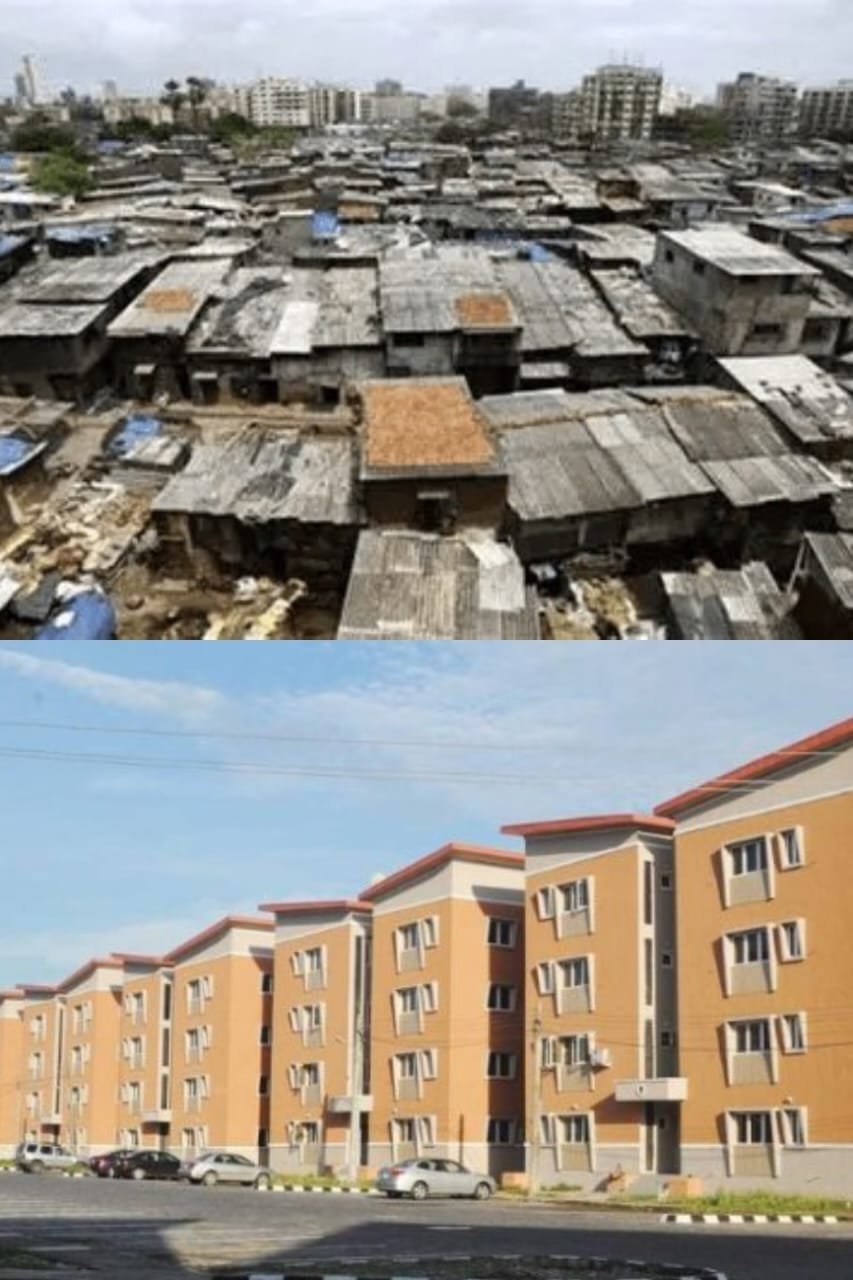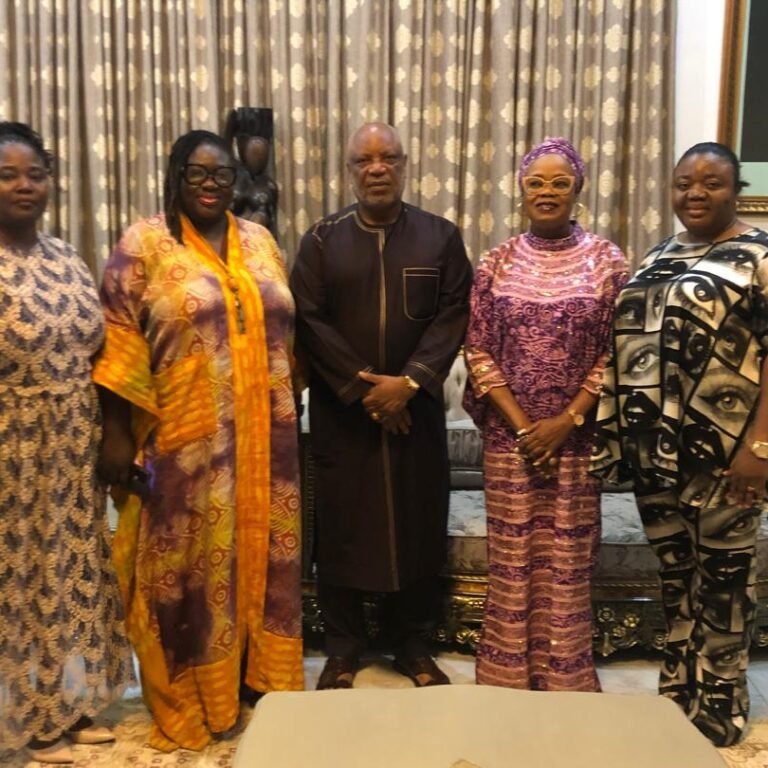
By Media360impact Editorials
Nigeria’s housing deficit remains one of the most pressing yet under-addressed socio-economic challenges of our time. With an estimated shortage of over 28 million housing units, the dream of affordable shelter is fast slipping away from millions of citizens. Rising inflation, skyrocketing building material costs, and urban migration have combined to push the housing crisis to alarming levels, particularly in major cities such as Abuja, Lagos, and Port Harcourt.
The Abuja Case – Luxury for the Few, Strain for the Many
In Nigeria’s federal capital, Abuja, the contrast is glaring. Luxury estates and high-rise developments dominate upscale areas like Maitama, Wuse II, and Asokoro. Yet, in the suburbs of Lugbe, Kubwa, Karu, and Nyanya, ordinary workers grapple with exorbitant rents that consume nearly half of their monthly income. A two-bedroom flat that cost ₦400,000 annually just a few years ago now goes for over ₦1.2 million. Inflation has worsened this strain, as salaries stagnate while food, transport, and utility bills skyrocket. Abuja has thus become a city where middle- and low-income earners are pushed further to the margins, often resorting to informal settlements with poor living conditions.
Lagos – The Megacity’s Endless Struggle
Lagos, Nigeria’s commercial hub, epitomizes the housing crisis. With a population exceeding 20 million, the state faces severe pressure on land and housing. From Lekki to Ikeja, housing costs continue to soar, leaving many families priced out of the market. The average rent for a modest apartment in Lagos Mainland has doubled within five years, while properties in Victoria Island and Lekki cater almost exclusively to the wealthy. Informal settlements like Makoko expand as the urban poor seek shelter wherever possible, often in unsafe and unsanitary conditions. The rising cost of cement, steel, and other building materials – driven by inflation and currency depreciation – has made homeownership a distant dream for most Lagosians.
Port Harcourt – Oil Wealth, Housing Poverty
Port Harcourt, the heart of Nigeria’s oil economy, is no different. Despite the billions generated from the oil and gas sector, ordinary residents face harsh realities in securing affordable housing. High demand from expatriates and oil workers has artificially inflated rents, pushing locals into overcrowded or substandard housing. Neighborhoods such as Trans-Amadi and GRA are priced beyond the reach of average earners, while satellite communities like Oyigbo and Eleme continue to sprawl without adequate infrastructure. Inflation and insecurity in the region only compound the burden, making survival, not comfort, the primary concern for many.
The Inflation Effect
Nigeria’s double-digit inflation – now driven by fuel subsidy removal, exchange rate instability, and food price hikes has made the housing deficit more acute. Developers struggle with escalating costs, often abandoning projects or shifting focus to luxury estates that guarantee higher returns. Meanwhile, tenants face arbitrary rent increases, and aspiring homeowners are trapped in endless saving cycles, with their funds quickly devalued by inflation.
The Way Forward
The housing crisis is not merely an economic issue; it is a social time bomb with grave implications for security, public health, and national stability. To address it, the government must:
1. Recommit to affordable housing projects through effective public-private partnerships.
2. Subsidize building materials or encourage local production to cut construction costs.
3. Reform mortgage and housing finance systems to allow low- and middle-income Nigerians access to home ownership.
4. Improve urban planning and infrastructure to expand affordable housing options in suburban areas.
5. Enforce rent control measures to protect tenants from exploitation, especially in high-demand urban centers.
Unless urgent steps are taken, the rising cost of living, coupled with the housing deficit, will deepen inequality, fuel urban slums, and erode the dignity of millions of Nigerians. A nation that cannot provide affordable shelter for its people cannot lay claim to inclusive development.








